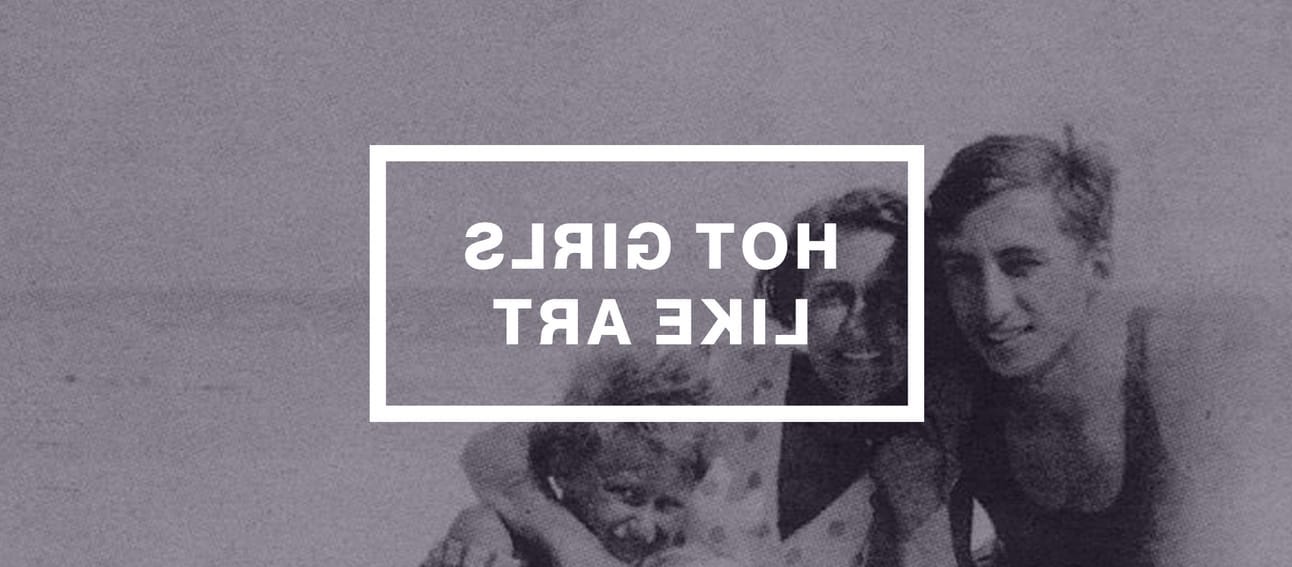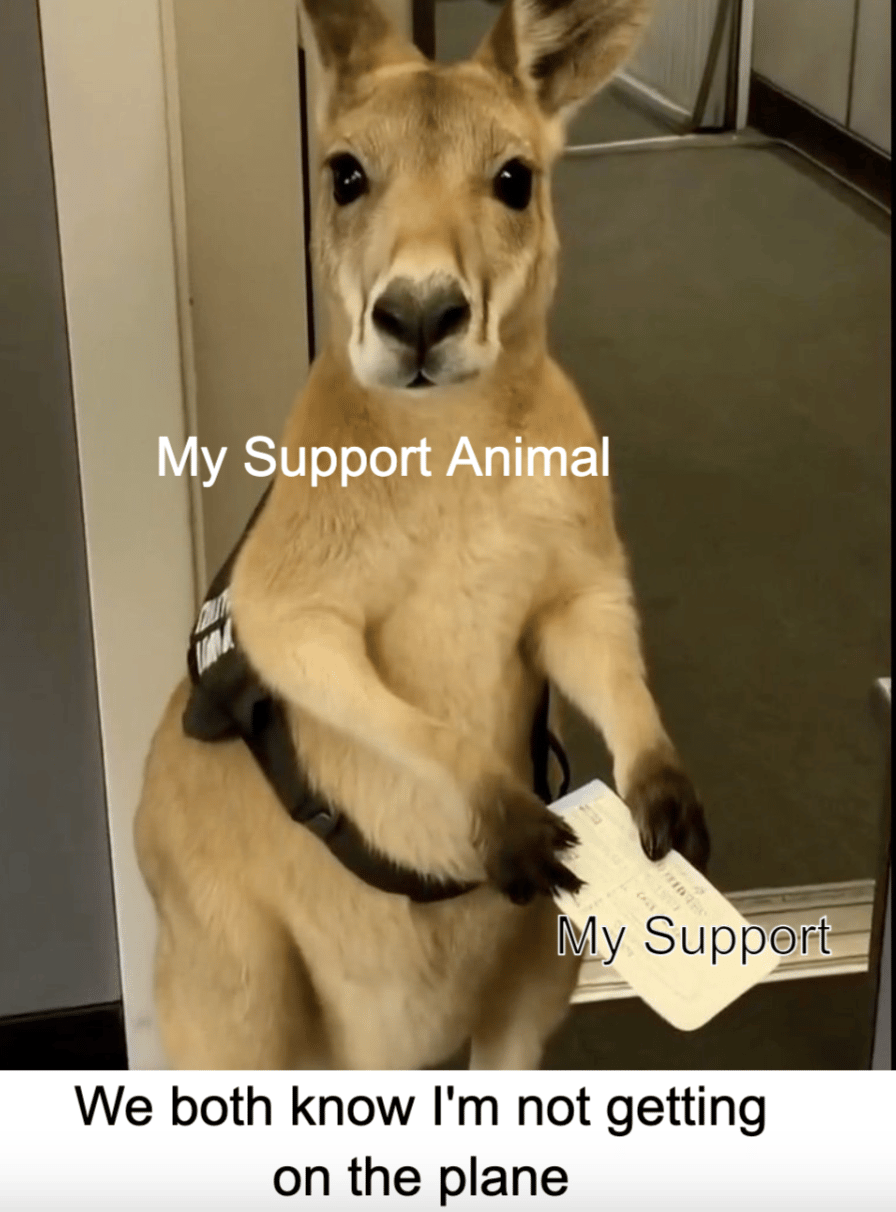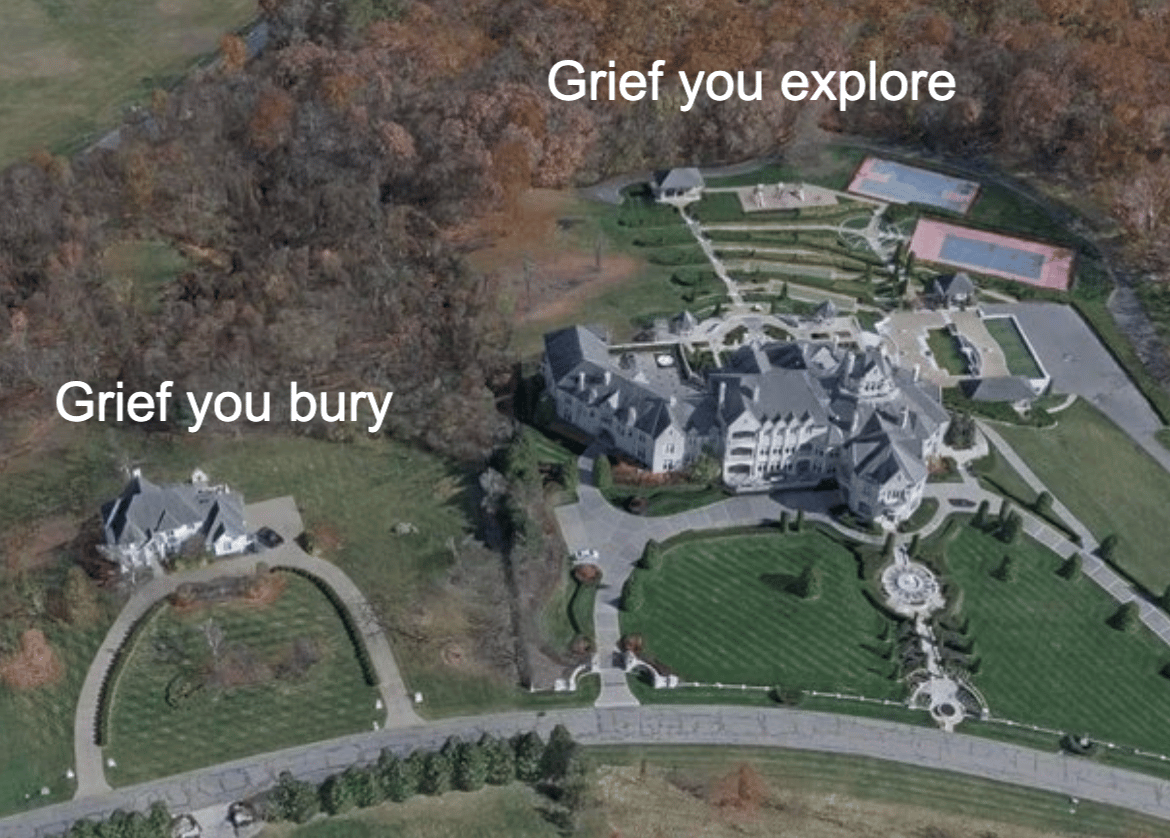Do I miss you...
Why do we wait…
I’m in a hotel room in Italy, writing about grief.
I set this theme seven weeks ago and have been dodging it ever since.
A part of me hoped Thomas from Poet’s Corner would forget.
He didn’t
He sent a message this morning, along with a poem.
He said he’d been avoiding it too.
Grief is tough.
Writing this has uncovered more than I expected in me, and I hope it gives you space to feel what you need this week.
Nothing but love
R

Roland Barthes with his Mother
Maybe
Last week
The day before I stepped on a plane to start my current project.
I got a message.
A friend of mine had died.
We hadn’t spoken regularly, but I’d known her for a few years.
She was the grandmother of someone I used to be close to.
The kind of person I could call every now and then to see how she was.
She hadn’t come to the opening of Pompadour.
I noticed, but I didn’t follow up.
I assumed it was timing or distance.
But now she’s gone.
And the first thing I felt was regret.
I hadn’t taken the chance to check in.
I’d been so wrapped up in my own world that I missed the chance to be there.
Not out of malice.
Just distraction.
Insecurity.
I thought I’d always have the option to reach out.
I thought there’d be another time.
There’s a million stories I’ll never hear.
A million words we’ll never share.
That connection is closed now.
And that hurts.
Regret

I don’t see grief as a singular uniform emotion.
It’s the awareness that you’ve lost access to a feeling.
We just use a single word to encapsulate the gap.
You go to reach for it and it’s not there anymore.
It’s not even about the person—it’s about what their presence allowed you to feel.
You’re not just missing them.
You’re missing the part of yourself that could feel a certain way in their company.
Sometimes we even grieve things that aren’t good for us.
A toxic relationship.
A version of yourself you outgrew.
The nervous system still reacts.
It remembers the intensity, not the logic.
The first sign of grief is often regret.
The second is silence.
Leave

When I leave a place.
A street.
A hotel room.
A person.
I try to close the connection.
Even if I’ve only been there a few minutes.
It’s a habit I’ve had for years.
It makes the world feel a bit clearer.
Because anything can end without warning.
Rivers change direction.
Flights get cancelled.
People disappear.
I’d rather acknowledge the moment properly than carry unfinished pieces around with me.
That might seem small, but I think it’s the same instinct as grieving.
It’s just noticing.
Noticing what’s changed.
Noticing what you’ve lost, before time tries to smooth it over.
Space

Queen Victoria in mourning wear
Most people aren’t given space to grieve.
Not properly.
Not in a way that allows the shape of the loss to be understood.
Grief requires time.
It needs room.
You have to let the moment hit you.
You have to stop moving.
That’s a privilege, but it’s also a decision.
Queen Victoria wore black for forty years.
That kind of mourning was a symbol of power.
Not just personal loss—but time, space, ceremony.
I’m not grieving to signal anything.
If anything, I’m doing the opposite.
I’d rather feel the whole thing and end up poor than succeed at the game having buried it.
That’s not a heroic thing.
It’s just how I’m built.
I’d rather fail properly than pretend nothing happened.
Interrupt

Grief interrupts control.
It slows you down.
It knocks you off schedule.
If you let it in, you lose momentum.
That’s why most systems try to avoid it.
You’re expected to be back to normal by the end of the week.
But I’ve never really cared about performing wellness.
If something hurts, I’d rather let it hurt.
It feels more honest.
And over time, it’s made me clearer about what matters.
Grief doesn’t make me stronger, but it’s given me less tolerance for anything that isn’t real.
Farther
Each decision I make about the future is a decision against mourning. As if I were forgetting her.
Roland Barthes (Mourning Diary - November 20, 1977)
A few years ago my dad died.
It was around the time I was trying to work out how to make art full-time.
He wasn’t the most supportive person when it came to the kinds of things I wanted to do.
We had a difficult relationship but a strong connection.
So when he died, there was space that opened up.
A kind of freedom.
But I also lost something I didn’t realise I’d been leaning on.
He’d carried a lot of weight, especially around what it meant to be a man.
That disappeared too.
It left a strange gap.
Later that year I was in Laos.
I wrote him a letter.
I tried to say everything I hadn’t said, and everything I knew I wouldn’t be able to.
I walked it down to the delta, read it out loud on a bridge, and then set it on fire.
I threw it out over the water, but I’d misjudged the wind.
It curved back and landed against the railing.
That moment said more about our relationship than the letter did.
I tried.
It didn’t land.
But it helped.
It gave me something to push off from.
And I realised I was better at grieving than he was.
Better at sitting in difficult feelings.
That felt like something I could keep.
Choice

I’m not doing.
I’m not moving.
I’m not trying to cauterise the pain through action.
I’m sat contemplating and enjoying it.
It’s that that brings me power through grief.
It’s that that turns it from a negative experience into something that is a reminder that the scars that we bear are the experience we’ve had.
And to fully understand the shape and form and how those parts of ourself were so reliant on other people is the only way that we can get back to that place to remember them.
It can get lost in the mess of a day.
In the futile actions that we take to make ourselves feel good when we’re going through grieving.
But the reality is if we want the grief to feel good, then we can only get to that place by experiencing the darkness.
And although it may hurt, what it gives us the ability to do is really remember what it is that we’ve lost.
And it’s those memories that will stay with us until we go to the grave.
That’s how we remember people.
By feeling the pain so we can understand how good it was when we had it.
Hold

That’s what grief really is.
Not sadness.
Not collapse.
Just learning how to carry something that you can’t reach anymore.
And deciding to feel it.
Instead of pretending it never mattered.
Poet’s Corner
Untitled Grief
I allowed it to sit too long,
Allowed it to yellow the dress,
Allowed it to build cobwebs;
To kill the hands on the clock,
Frozen in what could’ve been.
It expects a seat,
It expects the respect
That it does deserve,
It expects to be the guest
That stays too long.
Allow it at the table,
Sit with it like a cup of tea.
Drink it down
Whilst it’s still warm.
- Thomas May
Tea helps.
I love you loads.
Russ
x


